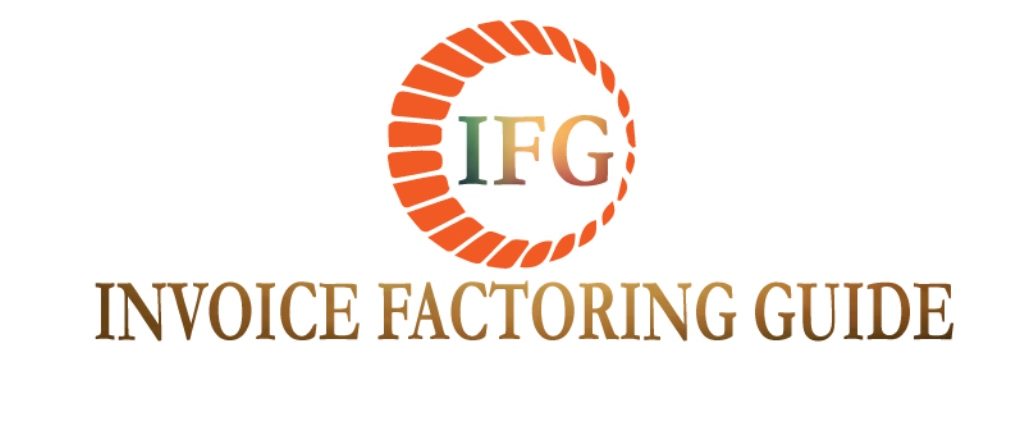Government Invoice Factoring
Congratulations, you were just awarded your first government contract! All the hard work and persistence has finally paid off- and in a lucrative way. The U.S. government has awarded billions in contracts, nearly a quarter earmarked for small businesses. They find it easier to contract out many services rather than hire and train new employees- too slow and expensive.
But anyone that has ever done contract work with the government knows that payment delays can be part of the gig. Many contractors and businesses must offer lengthy credit terms to larger commercial customers and government agencies to gain their business. As a result, many contractors endure net working capital shortages.
For smaller, less established contractors, the situation can cause serious cash flow problems for your business. Consider invoice factoring to unlock the capital tied up in your accounts receivable.
How Government Factoring Works
Invoice factoring involves selling outstanding invoices to a third party, known as a factoring company, or factor. The factor will quickly advance you funds based. Your customers will receive a Notice of Assignment which has new instructions on where to
Factoring unlocks the capital stuck inside your accounts receivable, providing cash to thousands of small businesses every day. These funds can be used to make payroll, repay debt obligations, take advantage of supplier discounts or take on a new job. Invoice financing and factoring allow you to focus on running your business.
Pros of Factoring Invoices for Government
Increased Business
One advantage of factoring invoices billed to the government is that the consistent cash flow provided allows you to bid on, and win, more jobs. Waiting net 30, 45 or even 60 days for payment from the government could hamper the ability to grow your business. The bigger companies have almost unlimited access to working capital funding through capital markets. Government factoring levels the playing field for small businesses.
Cheaper Factoring Rates
Because of the security of the account debtor, (the United States government) there is little worry about in terms of them defaulting on the debt. As such, your small business should enjoy factoring fees of 1-2% when factoring receivables. There is little need for non recourse factoring or trade credit insurance with government clients. These types of insurance add additional costs and are not necessary for government contractors.
Cons of Factoring Invoices for Government
Compliance and Regulatory Hurdles
Handing the government a Notice of Assignment is not always easy. There are regulations that need to be navigated such as the Assignment of Claims Act and Federal Acquisitions Regulation.2 They may also require a Financial Capabilities Letter. Since there is plenty of sensitive information in dealing with the federal government, especially in the aerospace and defense sectors, it’s no surprise that there are extra hoops to jump through with government factoring.
It’s best to work with a factoring company that has extensive experience dealing with factoring receivables with the U.S. government. If done incorrectly, it can be a costly mistake. When deciding, ask the factoring company how much they have factored in government receivables and some specific examples. If your business has invoices under 90 days old which are free of liens, consider receiving a free accounts receivable factoring quote today.
1https://www.sba.gov/contracting/contracting-officials/goaling
2https://www.sba.gov/contracting/contracting-officials/federal-acquisition-regulations-far
